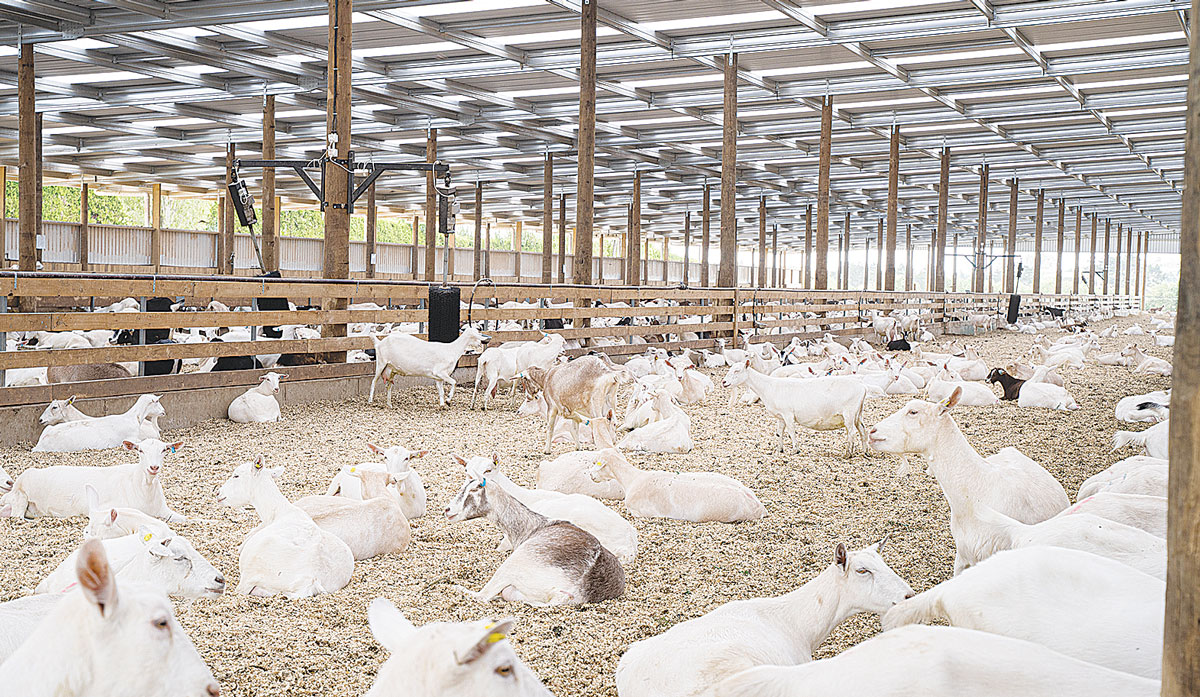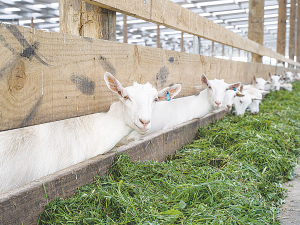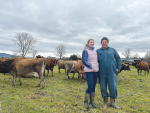When people think of liver function, they usually have a very vague concept around the filtering and cleansing of blood.
The liver performs this particular function, but it also does many other things. The liver is one of the most complex of all the body’s organs, and it is no different when it comes to goats.
Performing numerous important functions for the body, one of the most overlooked roles of the liver is the fact that it is the single most important organ for metabolising, releasing, and controlling energy production. Energy production of course happens at the cell level.
As this organ plays such a key role in energy production, it’s no surprise that metabolic diseases such as ketosis in ruminants can be so affected by poor liver function. Over-conditioning goats during the previous lactation, and during the period leading up to kidding is particularly problematic. Issues that ultimately lead to fatty liver disease can often go unnoticed in goats until it’s too late.
Like the rest of the body, the liver requires a number of key nutrients to function at an optimal level. The liver is unique among body organs in that it has capacity to regenerate cells particularly when under challenge. Even when a liver is functioning normally, some liver cell damage will be constantly occurring. The thing that makes the liver so unique is it has the ability to increase its rate of regeneration and turnover of new cells in line with the level of cell damage: on the proviso that there are key essential minerals, vitamins, and amino acids available in sufficient quantities.
Key minerals & vitamins to support a milking goat’s liver function:
 |
|---|
|
Like the rest of the body, the liver requires a number of key nutrients to function at an optimal level.
|
- Magnesium – helps with release of toxins in the blood allowing the liver to do its job more effectively.
- Copper – involved in anti-oxidation, reducing byproducts of energy metabolism, one of the most important functions of the liver.
- Zinc – plays a role in liver health through the regeneration of cells, as well as in anti-oxidation.
- Selenium – along with iodine, is involved in thyroid hormone production, as well as cell regeneration.
- Iodine – production of thyroid hormones, the liver is important in further synthesising these hormones.
Vitamins such as B12 and B2 are important in methionine synthesis.
Of course, many other vitamins and minerals will be important, but most should be present in the diet in sufficient quantity.
Much trial work has been carried out in order to perfect this process; the technology is at a point where these supplements are now becoming a very important tool in optimising liver function in all classes of ruminants, specifically goats.
The importance of this essential organ is inherent to maintaining the health and productive capacity: and therefore in turn significant for farmers of dairy goats and ruminants.











